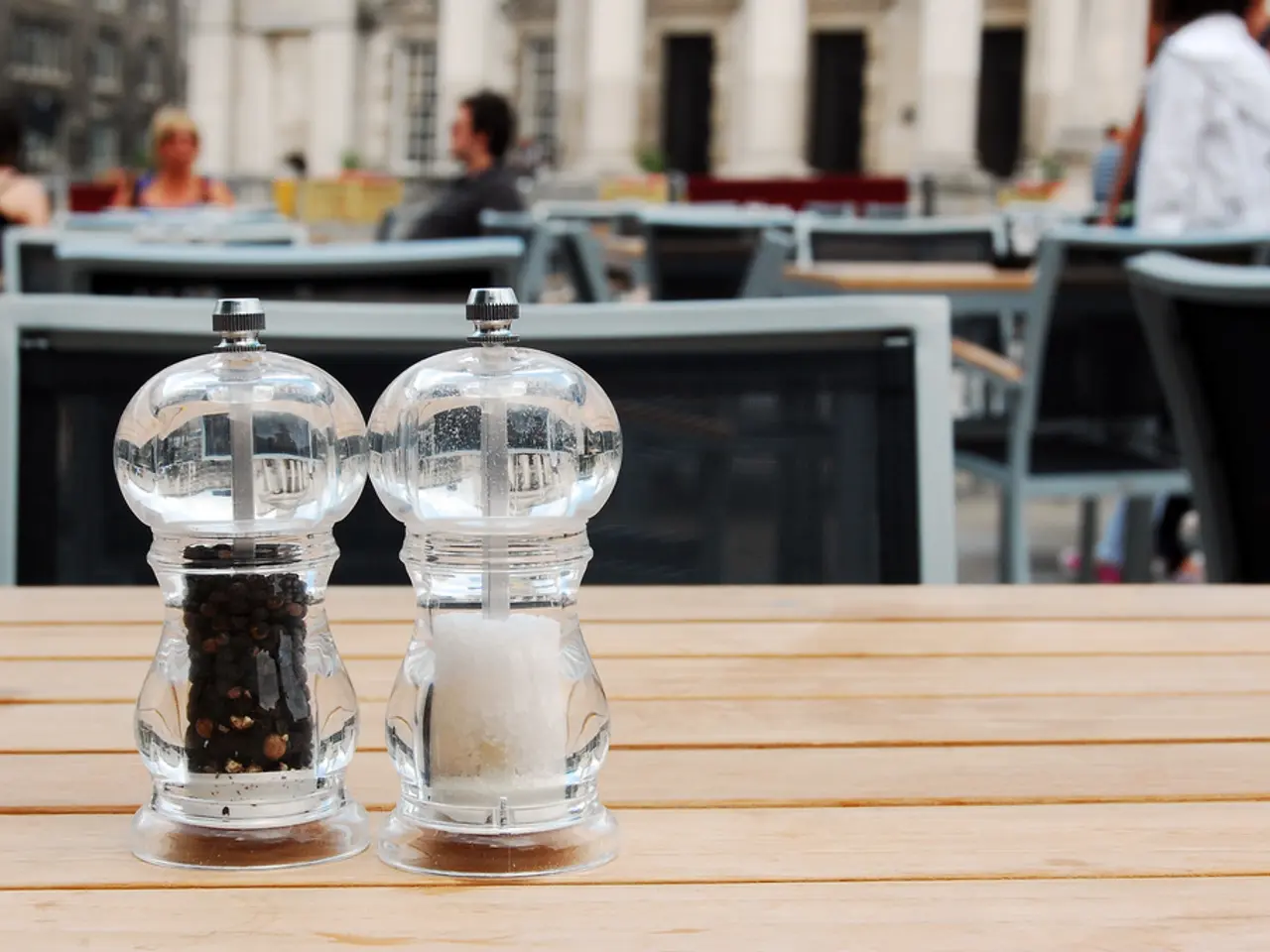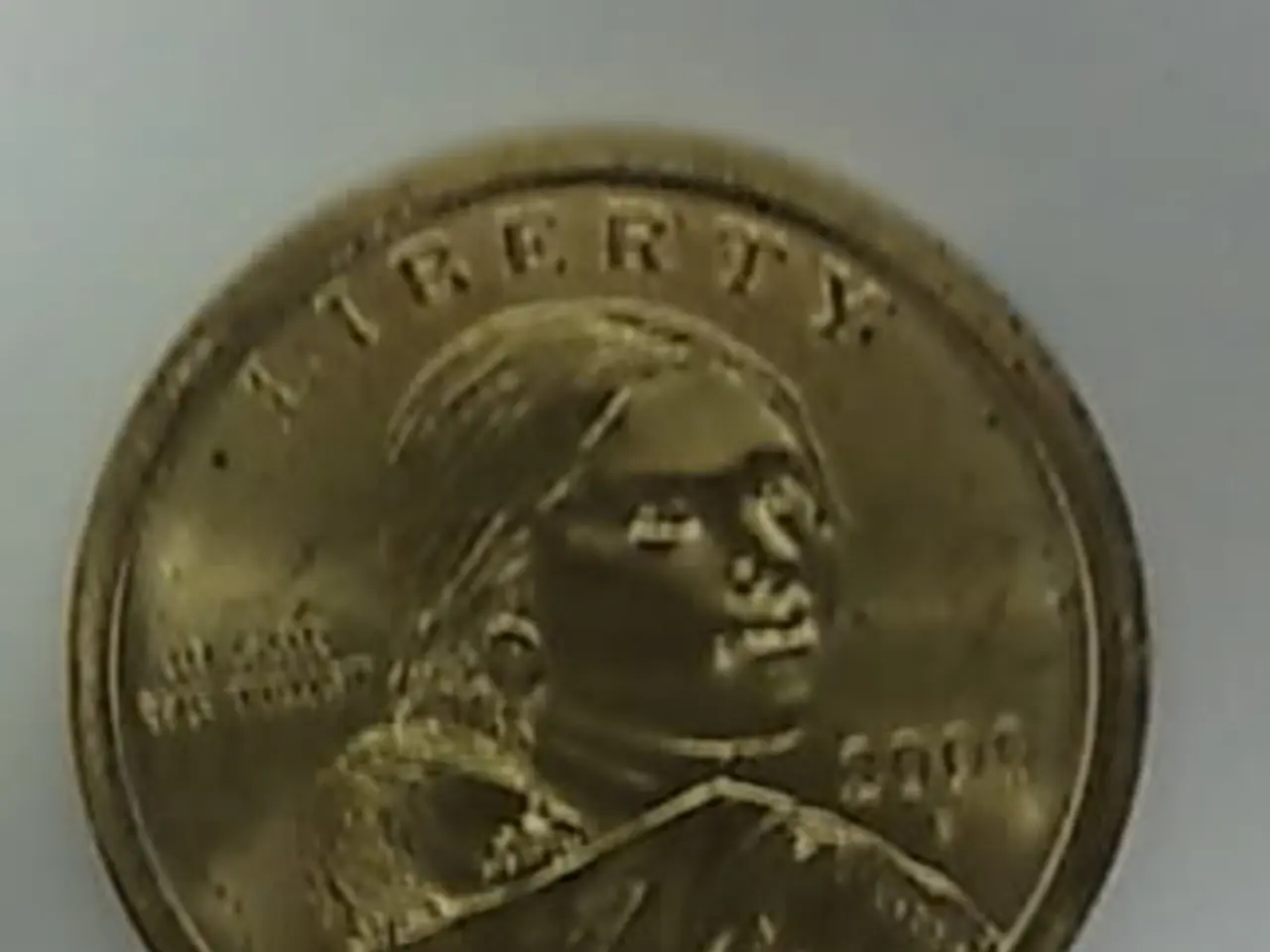Boss employs clandestine dinner seasoning assessment to decide between two ideal job applicants
In a fascinating twist of interview tactics, managers have been known to resort to unconventional methods, one of which has been referred to as the "secret salt test." Now, you might be wondering if this is just another internet rumor or a genuine hiring practice. Let's dive into the details.
Recently, we heard about a CEO using a coffee cup test during interviews. But the salt test takes things to another level of intrigue. It seems that this test can help a CEO make a decision when they're torn between two perfect candidates.
But before we go any further, it's essential to clarify that there is no universally accepted 'secret salt test' in hiring practices as we understand them today. However, it's worth noting that the world of job interviews is full of unexpected twists, some of which are documented, while others may be urban legends or anecdotes.
One such documented unconventional interview method is the 'handbag test.' In this test, candidates are asked to display what’s in their bags or purses. The goal is not to inspect items but to observe organization, honesty, and quick thinking—qualities that are hard to assess with standard questions.
As for the "salt and pepper test," it's a term mentioned alongside other non-traditional interview methods, although specific details are not provided in the sources. The implication is that it might be another creative, real-world scenario used to evaluate a candidate’s adaptability, social intelligence, or observational skills.
So, if you've come across the salt test in your research, it could be a reference to innovative interview techniques, albeit not a verified standard practice. The origin of the salt test in hiring might be a rumor or anecdote, much like the coffee cup test we mentioned earlier.
Remember, these unconventional tests are designed to reveal traits beyond what traditional questions can uncover, often focusing on factors like organization, honesty, adaptability, and social intelligence. These tests can be a double-edged sword, though, as they might catch some applicants off guard, potentially leading to an unfair assessment.
In the end, it's essential to approach such stories with a grain of salt (pun intended), considering them as anecdotes and intriguing examples rather than established hiring practices. After all, the hiring process should be focused on finding the best fit for the company and the job, not on who can pass the strangest test.
In the vast array of unconventional interview methods, the 'salt and pepper test' is often mentioned as a creative way to evaluate a candidate's adaptability, social intelligence, or observational skills, mirroring the 'handbag test' in its unconventional approach. Yet, it's important to note that these tests, like the 'coffee cup test' and the 'secret salt test,' are not universally accepted standard practices, rather they serve as intriguing examples of innovative hiring tactics. Ultimately, these tests aim to reveal traits beyond what traditional questions can uncover, emphasizing the importance of organization, honesty, and quick thinking, while also offering potential pitfalls, such as unfair assessments.




